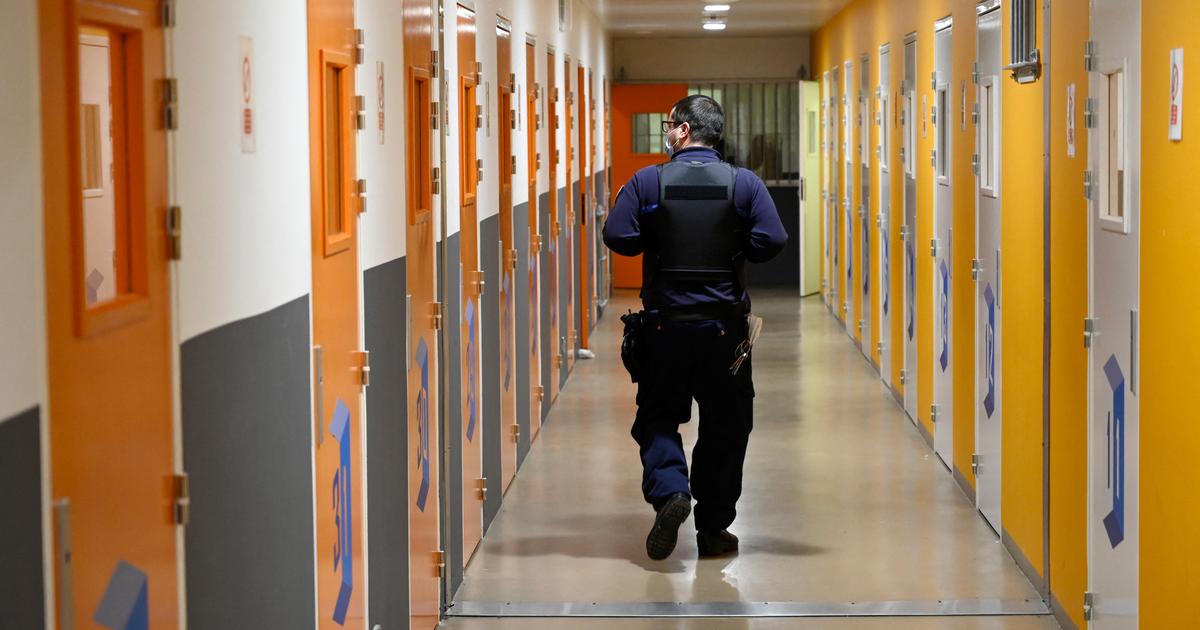Source of stress for parents, childcare arrangements have been the subject of extensive investigations by investigators from the General Directorate for Competition, Consumption and Fraud Control (DGCCRF). Between July 1, 2019 and June 30, 2020, they specifically targeted two types of businesses specializing in home child care. Those called providers, who directly employ the nannies made available to parents, and those qualified as agents, who perform certain administrative tasks for families, in particular to find the employee, but his employers remain the parents. Different contracts that meet specific regulations that professionals, by ignorance or on purpose, seem to have taken some liberties with their content and prices.
At the end of this one-year investigation, made difficult by the Covid-19 pandemic, the DGCCRF visited 308 establishments, of which it does not wish to communicate the names: head offices of large groups, which have between 18 million euros and 43 million euros in turnover, franchisees, but also independent operators and Internet platforms.
In the end, 70% of these checks made it possible to identify anomalies which resulted in the establishment of 131 warnings, 85 orders to bring them back into conformity and eight administrative reports.
Double invoicing of travel time, different rates depending on the media, etc.
Thus, deceptive marketing practices were discovered in 25% of companies. "Some structures billed service time that did not correspond to the number of hours of intervention actually carried out", writes the DGCCRF in an investigation report that the Parisian - Today in France was able to consult. "It was also noted that certain structures carried out a double invoicing of the travel time, both in the time of service and through the intermediary of ancillary costs", adds the administration.
Other companies displayed different service prices between the website, an advertisement or even the price list.
"This practice can be considered unfair in that it generates confusion among consumers who do not then have access to single and clear information on the real hourly price of the service", estimates the repression of fraud.
Read alsoHow much does child care cost?
In some advertisements, the advertised prices were even extremely low. Ads that included "a reference by asterisk to very hypothetical or rare conditions of obtaining", found the investigators. For example, an operator promised rates “from 1.75 euros per hour”
.
However, it was specified in small print that this price took into account in particular the tax credit and aid from the Family Allowance Fund (CAF)
. "
The tax advantage only applies in year N + 1, is not automatic and is subject to capped amounts, and CAF aid is variable," recalls the DGCCRF.
In addition, in more than half of the companies, 56% exactly, anomalies in terms of price information were discovered.
Among the most frequent, the absence of information on price increases for weekends and public holidays or additional costs (kilometer costs, administration fees, etc.).
Surpluses that can quickly inflate the bill.
It should also be noted that a 20% VAT rate was sometimes applied to the entire invoice, while this rate is only applicable to money order costs.
Indeed, the childcare activity is subject to a reduced VAT rate of 10%.
Serious anomalies which led the agents of the DGCCRF to seize their colleagues of the General Directorate of Public Finances.
Deceptions about qualification and experience
Another deception noted, that on the qualification and experience of nannies. "Some structures falsely advertise that their workers are trained in the prevention of mistreatment," report the investigators. Certification or quality charter logos are sometimes put forward in advertising documents or posters even though the membership process has never started ”. Sometimes, the free estimate was mentioned as a special favor of the service, although it only meets a regulatory obligation. In other contracts, a clause required that a deposit be cashed in the event of payment by check when this kind of practice is illegal.
Finally, law enforcement officers also noted numerous unfair clauses in contracts signed between companies and parents. One of them, which came up often, reserved the right for the company to unilaterally modify contractual clauses. Another required the consumer to fulfill his obligations even though the trader would not perform his.
If the greatest number of anomalies were found in small independent structures, "the most contentious and misleading practices are generally observed within large groups", notes the DGCCRF. Despite everything, this report ends on a positive note: "Most of the operators are of good will and quickly come into compliance following the checks", conclude the authors, while warning that the investigations will continue.



/cloudfront-eu-central-1.images.arcpublishing.com/prisa/B7NY3AC7RBHATPSQH43HXXMPPM.jpg)











/cloudfront-eu-central-1.images.arcpublishing.com/prisa/H7U7FJNUZBG6BPL5PZCMGC6EUY.jpg)